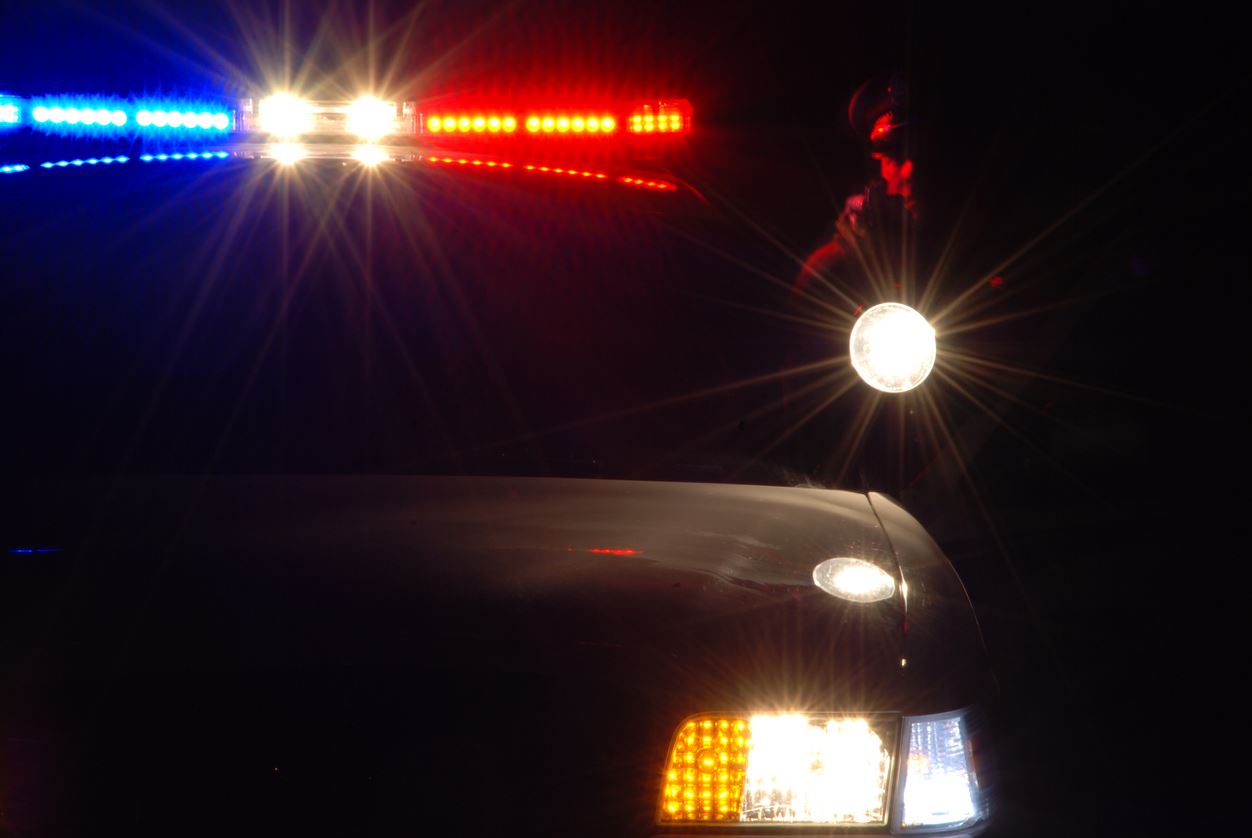During a criminal investigation, two legal principles can play a significant role in the outcome: probable cause and reasonable suspicion. The primary difference is that probable cause relies on objective circumstances and evidence while reasonable suspicion is just that – suspicion.
Probable Cause Definition
According to the law, police officers must have probable cause before making an arrest. In other words, there must be clear and objective circumstances to suggest criminal activity before an arrest occurs. If an officer finds hard evidence, they also have probable cause.
This principle is important in that it restricts the arresting power of police by requiring them to have evidence beyond a reasonable doubt that a person is involved in criminal activity. Only after the officer has substantial proof can they get an arrest warrant and launch a full-scale criminal investigation.
Example
A police officer is on duty on Main Street. As they sit in the car, they notice a rambunctious couple walking into the bar across the street. A few hours later, the officer hears a commotion coming from the bar and sees the couple, clearly intoxicated and drinking out of liquor bottles, get into their car. They begin to drive away.
At this point, the officer has seen evidence that the couple was drinking before getting behind the wheel. By driving intoxicated, the couple is breaking the law and the officer has probable cause to make an arrest.
Reasonable Suspicion Definition
Reasonable suspicion is an inclination or hunch that criminal activity could or already has been committed. In many cases, reasonable suspicion motivates an officer to investigate the area around where they believe the crime is or was taking place.
In doing so, police may encounter evidence to support probable cause and they can make an arrest. However, it is important to remember that suspicion is not evidence and any arrest made without probable cause is unjust.
Example
An officer is patrolling around a public park. While sitting in the car, they notice a person walking toward someone else sitting at a picnic table. They strike up a brief conversation and the two shake hands. The individual at the picnic table sits back down as the other person walks away. Over the next half hour, the officer notices a pattern of people coming up to the individual, shaking hands, and walking away. At one point, one of the visitors fails to conceal the money they give to the person at the table.
At this point, the officer has reasonable suspicion that there is a drug deal happening in the park. While they may believe that a crime is being committed, they cannot arrest anyone until there is evidence and probable cause.
In some cases, reasonable suspicion is what saves trafficking victims in airports. A security officer may notice signs of human trafficking and strange behavior from one of the passengers toward their companion. Suspicion can lead to asking questions or waiting for evidence and eventually an arrest.
Reasonable Suspicion to Probable Cause
As mentioned previously, reasonable suspicion and probable cause may go hand-in-hand. Observing a situation based on reasonable suspicion can often yield proof and probable cause.
For example, an officer notices a vehicle speeding and driving erratically on the road. The officer proceeds to pull the driver over. When the officer asks the driver to roll down the window, they are met with a strong alcohol scent and notice several beer bottles littering the passenger seat. The officer has reasonable suspicion to believe that the driver could be driving drunk.
To cover all the bases, the officer asks the driver to take a breathalyzer test. The test reveals that the driver has a higher than legal BAC which means the officer has evidence of drunk driving. Based on this evidence, they can arrest the driver.
Takeaway
Reasonable suspicion does not lead to arrest, but probable cause will. If evidence is found that suggests that you may be involved in criminal activity, you could face serious penalties. It is also important to note that hard evidence is much harder to disprove in a criminal trial.
If you have been arrested based on probable cause or believe you may have been unjustly arrested speak to an attorney immediately. Whether the arrest was official or a violation of your rights, an attorney can fight for you and protect your interests throughout the criminal process.
Contact Nichols Dixon PLLC to find out how we can fight for you.





